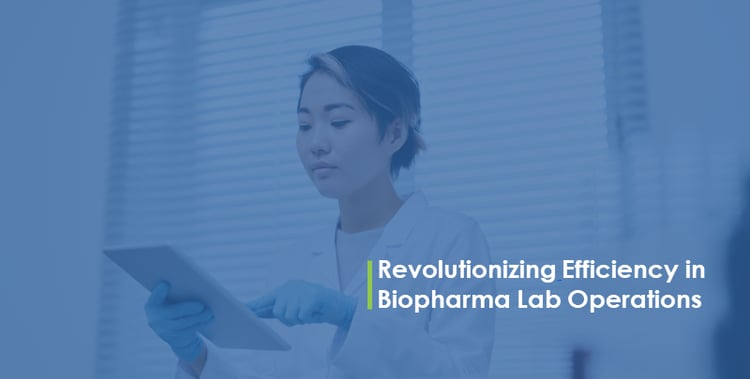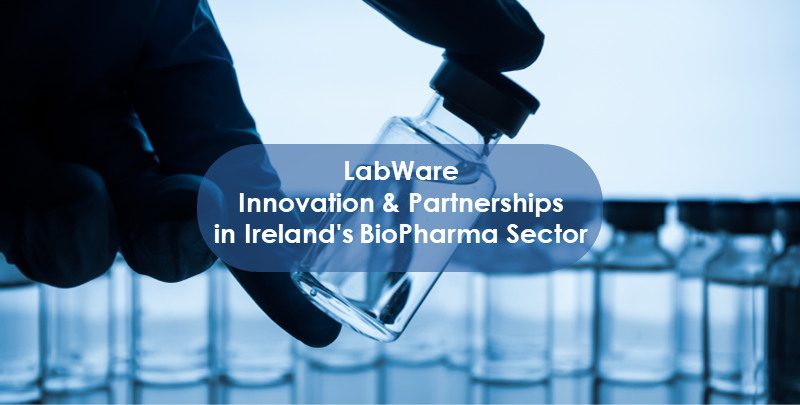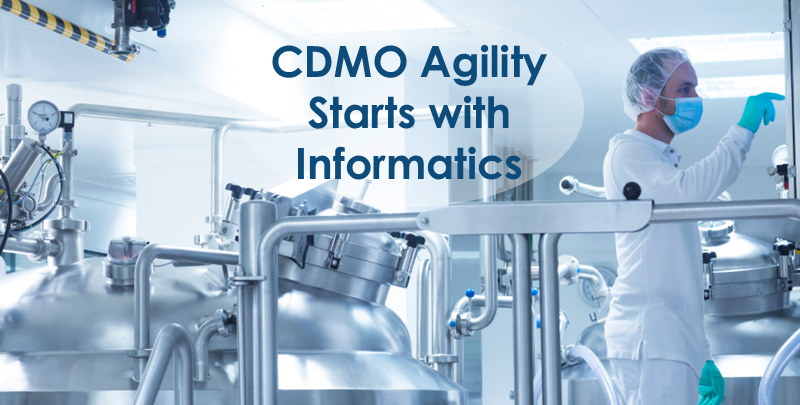1 min read
Körber and LabWare lead the way with seamless MES-LIMS integration in the pharma and biopharma industry
Lüneburg, DE / Delaware, US LabWare® has achieved the “Ready” level required to join Körber's Ecosystem of partner companies. With that, the two...






